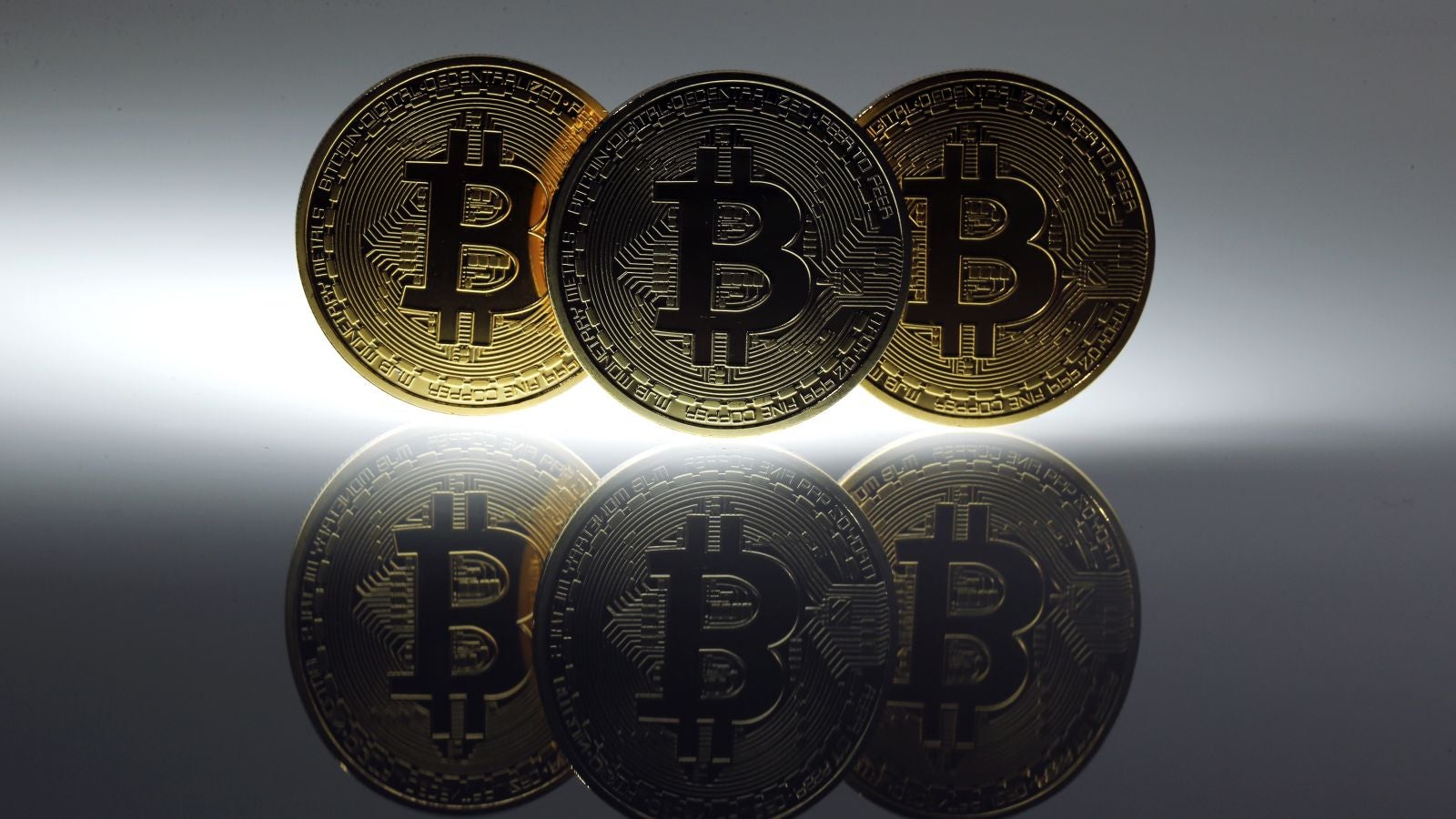Indian cryptocurrency exchanges plead: “Probe and regulate us, don’t ban”
India’s cryptocurrency exchanges are willing to open themselves up to more regulatory scrutiny, allow greater transparency, and take more measures to safeguard customers—all in exchange for a little love from the Reserve Bank of India (RBI).


India’s cryptocurrency exchanges are willing to open themselves up to more regulatory scrutiny, allow greater transparency, and take more measures to safeguard customers—all in exchange for a little love from the Reserve Bank of India (RBI).
On April 05, the RBI had directed all lenders to wind up bank accounts of cryptocurrency exchanges and also end other business relationships with them within three months. This sounded the death knell for the bourses, which are now either being forced to reinvent their businesses or close down operations. Cornered, the firms had dragged the RBI to court; the next supreme court hearing is scheduled for July 20, two weeks after the ban comes into effect.
In its last hearing in May, the supreme court suggested that these exchanges can engage with the RBI. So, last week, a clutch of such firms sent out letters making their case against the banking regulator’s prohibitory order.
“A ban is counter-productive, therefore, we have suggested that there should be appropriate regulations that can address the government or the central bank’s concerns,” said Anirudh Rastogi, managing partner at legal firm TRA Law, which filed the supreme court petition for four exchanges and also helped them approach the RBI.
The bitcoin exchanges have requested the RBI to remove the blanket ban, saying the regulator should instead enforce it only on firms violating the norms.
“We already follow the strict know-your-customer (KYC) and anti-money laundering (AML) guidelines and we have detailed that out in the application (to the RBI),” one of the petitioners in the case told Quartz, requesting anonymity. ”Plus, we have also suggested measures that we are ready to take to improve the KYC-AML norms, such as including passport details as well. We are also ready to take any suggestion that the regulator has to offer that can address their concerns.”
Other suggestions include adopting international best practices, including allowing financial products such as cryptocurrency insurance. “These are to be taken up by the exchange and adds a layer of surety and customer protection in case of any mishap. All this can happen only if we come under a regulatory purview,” added the petitioner.
Other firms have asked for an extension on the deadline. “Considering the next date of the hearing in the supreme court is after July 06, 2018, KDEPL (Kali Digital Eco-systems Private Limited) requests your good office (RBI) to extend the time of three months granted in the captioned circular to at least Aug. 31, 2018,” said the application submitted by KDEPL, a copy of which was reviewed by Quartz.
Ahmedabad-based KDEPL was among the first to mount a legal challenge against the RBI in the Delhi high court in April. Subsequently, the case was bunched together with other similar challenges and will now be taken up by the supreme court.
Meanwhile, the Narendra Modi government has also set up a committee under Subhash Garg, secretary of economic affairs in the finance ministry, to prepare a draft law for cryptocurrencies. The panel’s report is likely to be submitted by March 2019.